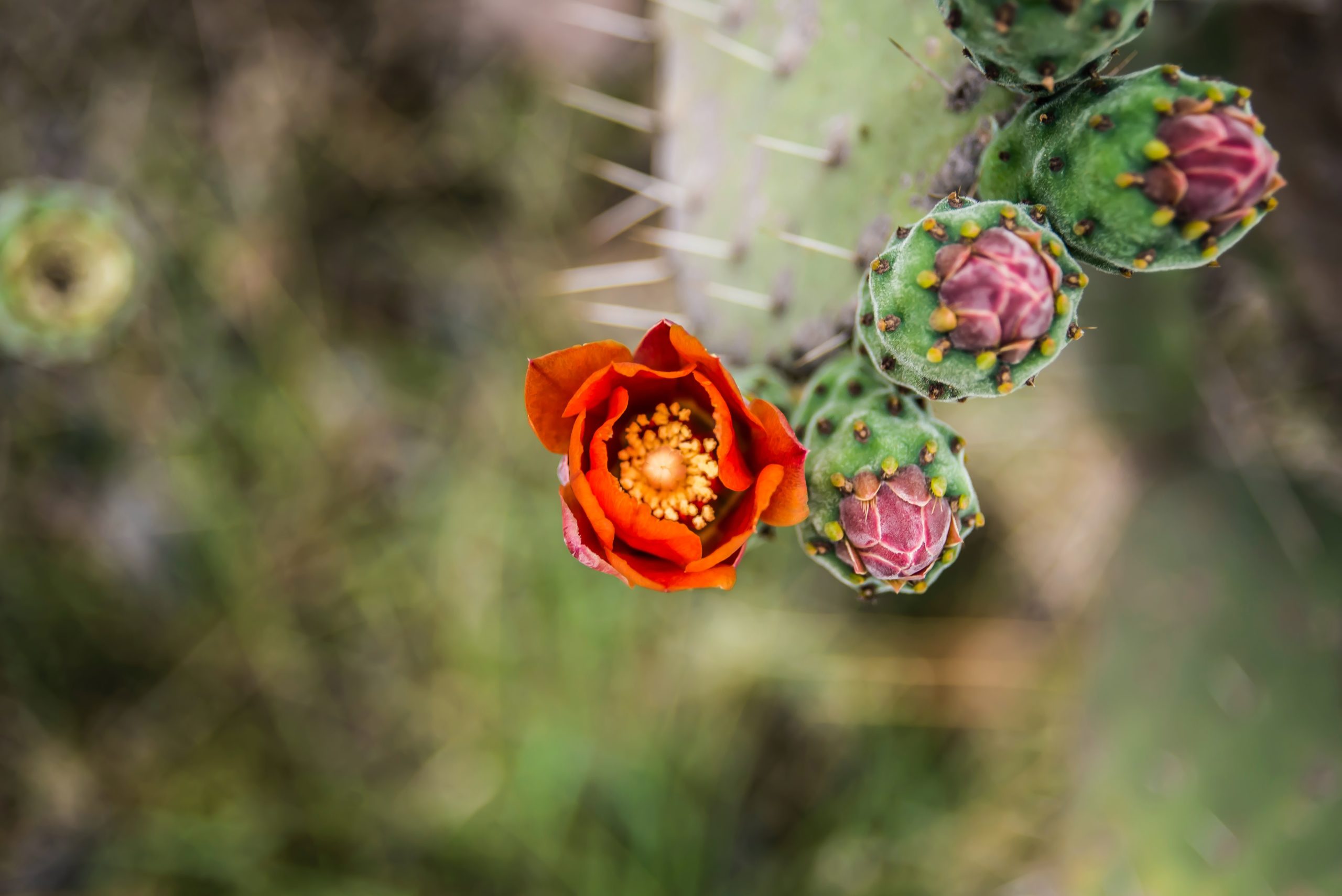Sermon delivered online via Zoom | Rev. Emily Wright-Magoon | April 19, 2020
AUDIO:
VIDEO:

Have you heard that the canals in Venice have become so calm without all the tourists, that the fish are now visible, swimming?
People living in India say they can see the Himalayas from their homes for the first-time in their lifetimes. They can also finally see the stars at night.
An American who lives in Wuhan, China, said “I used to think there weren’t really birds in Wuhan, because you rarely saw them and never heard them. I now know they were just muted and crowded out by the traffic and people…All day long now I hear birds singing. It stops me in my tracks to hear the sound of their wings.”
Here in the U.S. the nitrogen dioxide levels in March 2020 are down by 30% in the Northeast.
So, too, on the opposite coast, people in L.A. are seeing what their city looks and feels like without a brown haze of smog. Last month, L.A. experienced the longest stretch of “good” air days since at least 1980, maybe even since WWII.
Even here in town, people have been saying they can breathe better.
Rangers in Yosemite National Park say they are seeing coyotes trotting along the empty roadways. And the bear and bobcat populations appear to have quadrupled – where they used to hang back at the edges or move in the shadows, they can now move through the landscape.
The oceans are quieter – whales can better hear each other’s calls.
Even the earth itself is quieter.
Seismologists can better hear shifts in the earth’s crust, without the white noise of trains and subways and semis shaking the ground.

Don’t get me wrong – COVID-19 is awful.
It is causing death and loss and grief all over the world.
As Pablo Neruda said in the words I shared at our Opening:
What I want should not be
confused
with total inactivity.
Life is what it is about;
I want no truck with death.
The coronavirus does bring much death, and so I do not call it good.
AND I cannot keep from wondering at the ways our great lockdown – our huge PAUSE – has enabled the earth to breathe again.
Again, Pablo Neruda:
It would be an exotic
moment
without rush, without engines;
we would all be together
in a sudden strangeness.
Especially in honor of Earth Day, I could take this sermon toward a reflection on climate change. And perhaps next month, I will.
But right now, instead of addressing it directly and proposing solutions, I’d like to do something different… Pause… and listen to the earth breathe.
The answers to climate crisis are not simple.
We here in the Permian Basin are intimately aware of the complexities.
We are aware, for example, that without fossil fuels, our doctors would not have the Personal Protective Equipment they need to save lives. And yet we must also know things must radically change.
Einstein said: “A problem cannot be solved from the same level of consciousness that created it.”
And so let us experience this great rupture – this pause in our normal way of doing things – to listen to the earth breathe, and to consider what shifts we might make, as part of that earth.

A poem by Martha Postlewaite:
Do not try to save
the whole world
or do anything grandiose.
Instead, create
a clearing
in the dense forest
of your life
and wait there
patiently,
until the song
that is your life
falls into your own cupped hands
and you recognize and greet it.
Only then will you know
how to give yourself
to this world
so worthy of rescue.

Now: I know that when I say we are in a time of pause – that resonates differently to all of us.
Some of us have tons of free time now, and are lonely; some of us are trying to work from home with small children (never a moment alone or still); some of us are worried financially; some of us are happy in our gardens and with our books; some of us are hating this pause (this disruption of our plans full of promise and momentum).
Our experiences are diverse – and valid – AND we all have the gift of life, and the opportunity to discern how we will repay that gift.
create
a clearing
in the dense forest
of your life
Another poem, an excerpt, this one by Octavio Paz:
The rain awakens …
(la lluvia despierta)
We must sleep with open eyes,
we must dream aloud,
we must sing till the song
puts forth roots,
trunk, branches, birds, stars,
we must find the lost word,
and remember
what the blood, the tides,
the earth, and the body say,
and return to the point of departure…
(volver al punto de partida…)
Return to the point of departure.
What does it mean that as we are forced to slow down, to stay home, to focus on the essentials, that the earth is breathing more deeply?
How can we not only survive this great rupture, but emerge from it wiser, having listened to the earth breathe, having even more deeply considered our interconnectedness with all things…?
“Another world is not only possible, she is on her way. On a quiet day, I can hear her breathing.” – Arundhati Roy

As we navigate these uncertain, difficult days,
may we find times –
whether they be whole days, or mere moments –
to pause and listen.
In that listening, may our sense of separateness dissolve;
may we know our connectedness with the web of life,
May we discern ways to live from that deep knowing…
that deep knowing which in truth is love.
May you rest in that love.

– Rev. Emily Wright-Magoon
